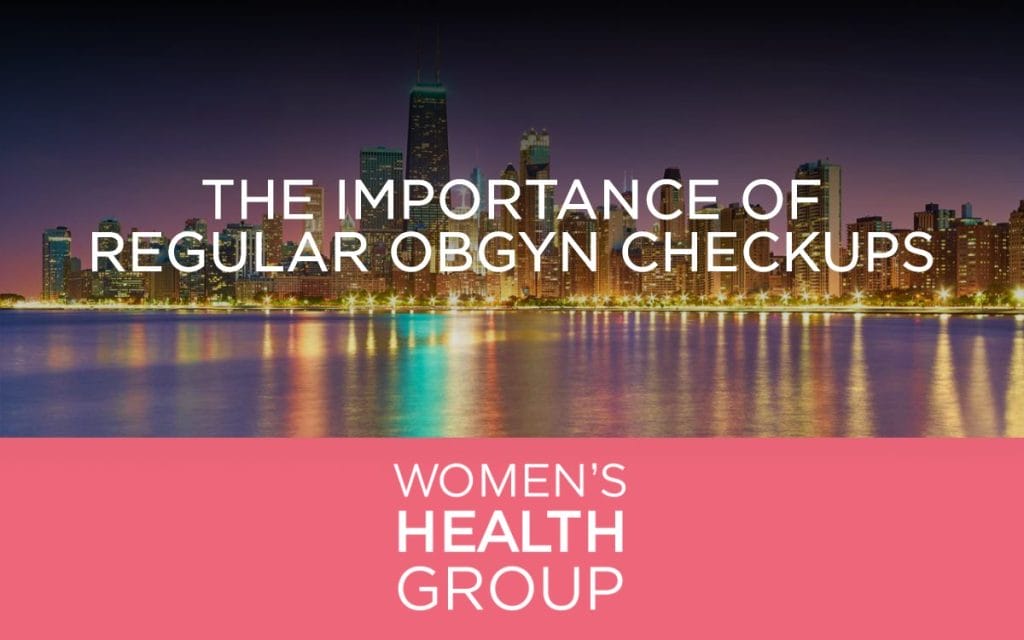The Importance of Regular OBGYN Checkups

The Women’s Health Group stands as a testament to over 30 years of excellence, dedication, and innovation. With a comprehensive approach that marries medical expertise with genuine care, we have evolved from a cornerstone of women’s health to a holistic wellness partner for women in the greater Chicago area. Our journey continues, fueled by our passion for nurturing health, promoting wellness, and enhancing beauty for every woman we have the privilege to serve.